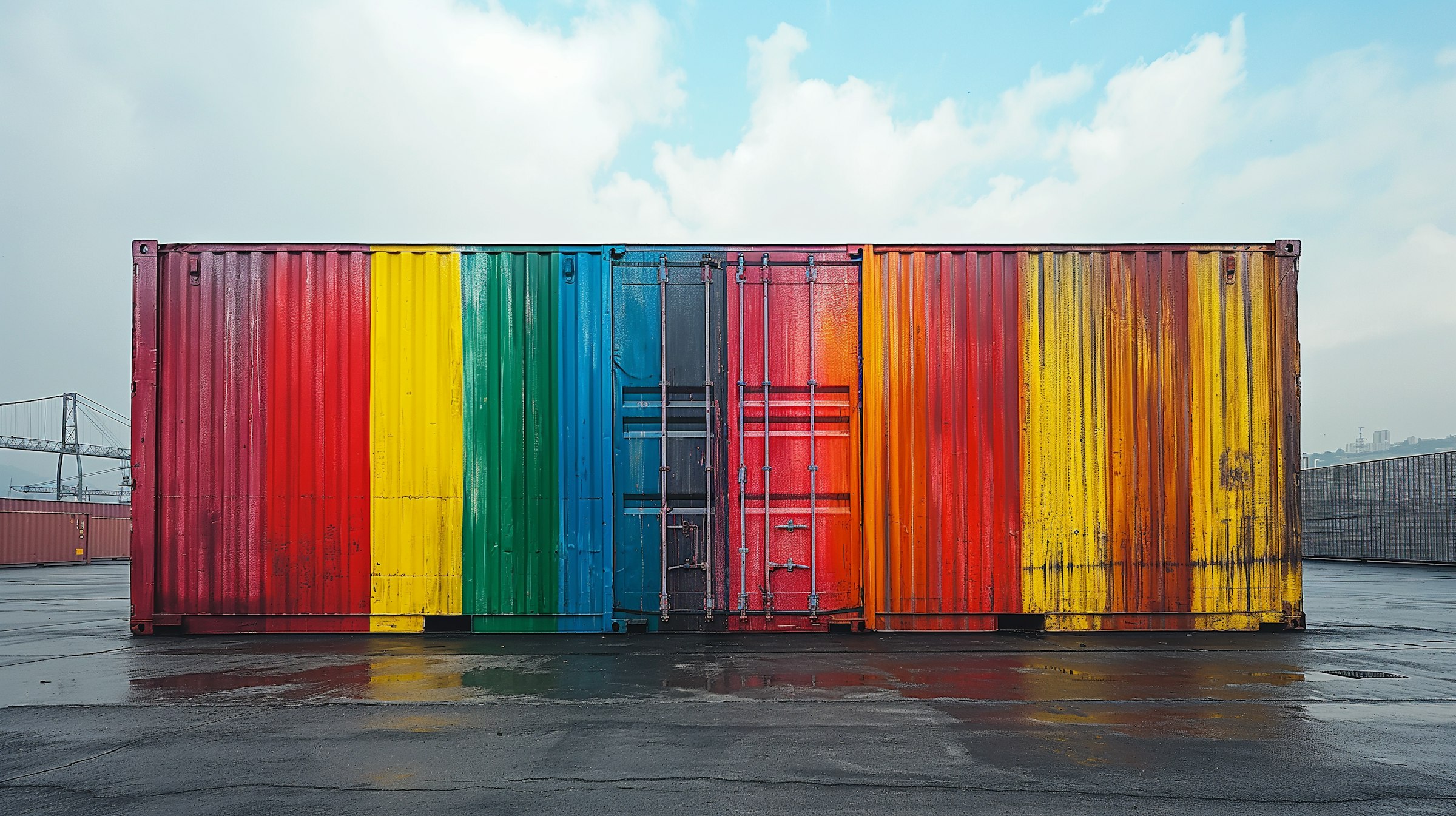What is Marine Insurance
Marine Declaration Policy enables you to insure all your goods in transit or shipment during the year under a single policy. This is a huge advantage for logistics companies managing multiple transits during the year, providing streamlined coverage against loss or damage of cargo.
- Within the country (Inland)
- From India to a country outside India (Export)
- From a country outside India to India (Import)


